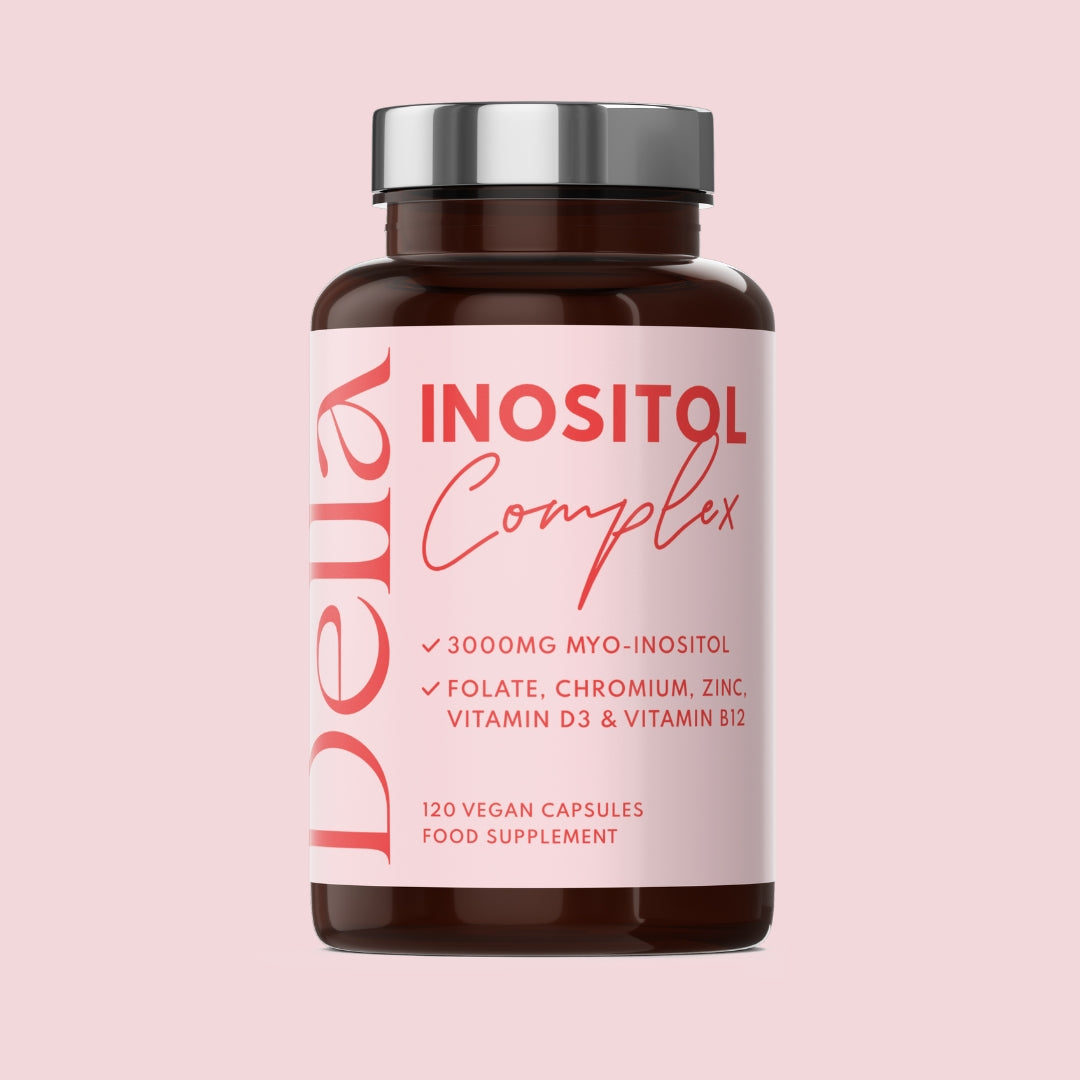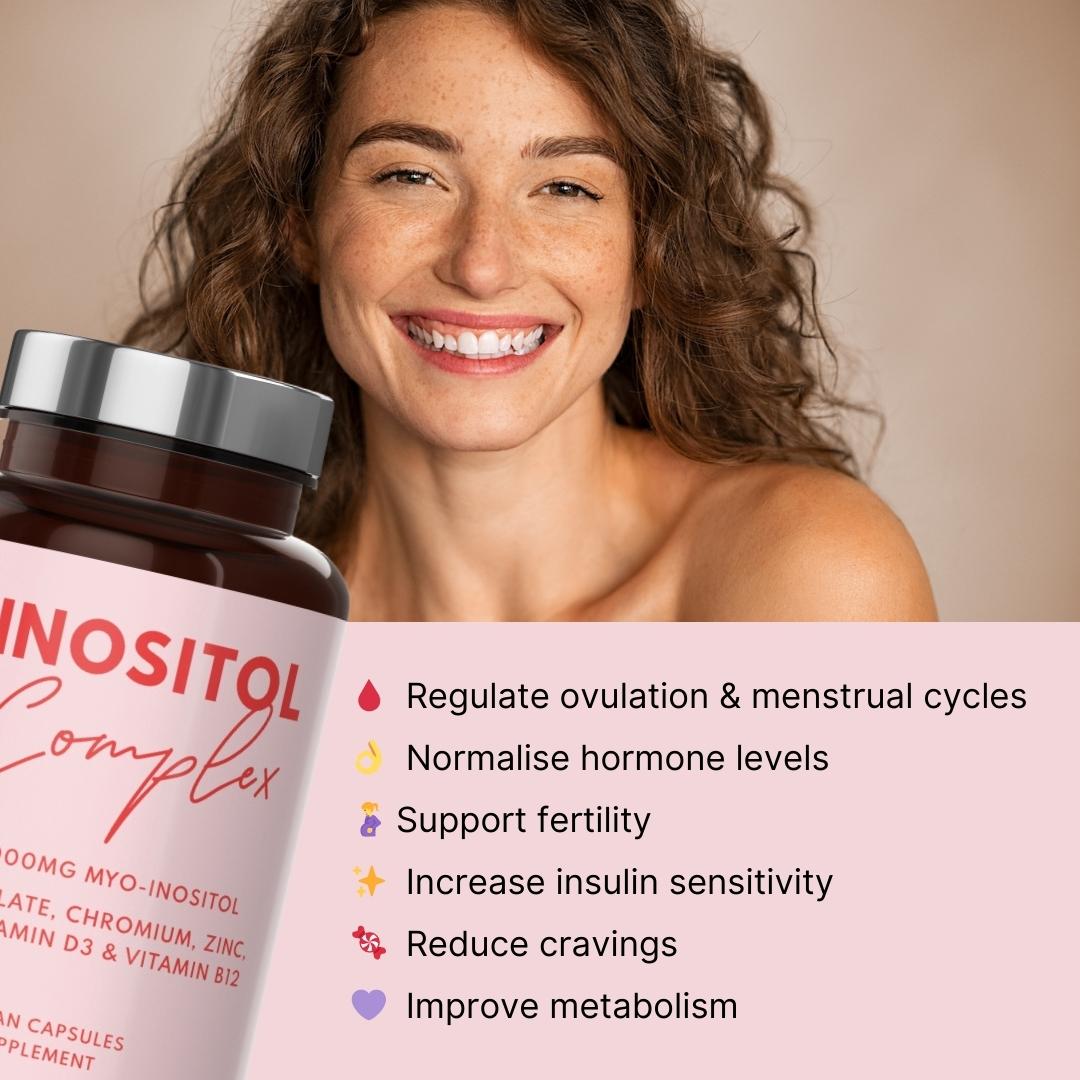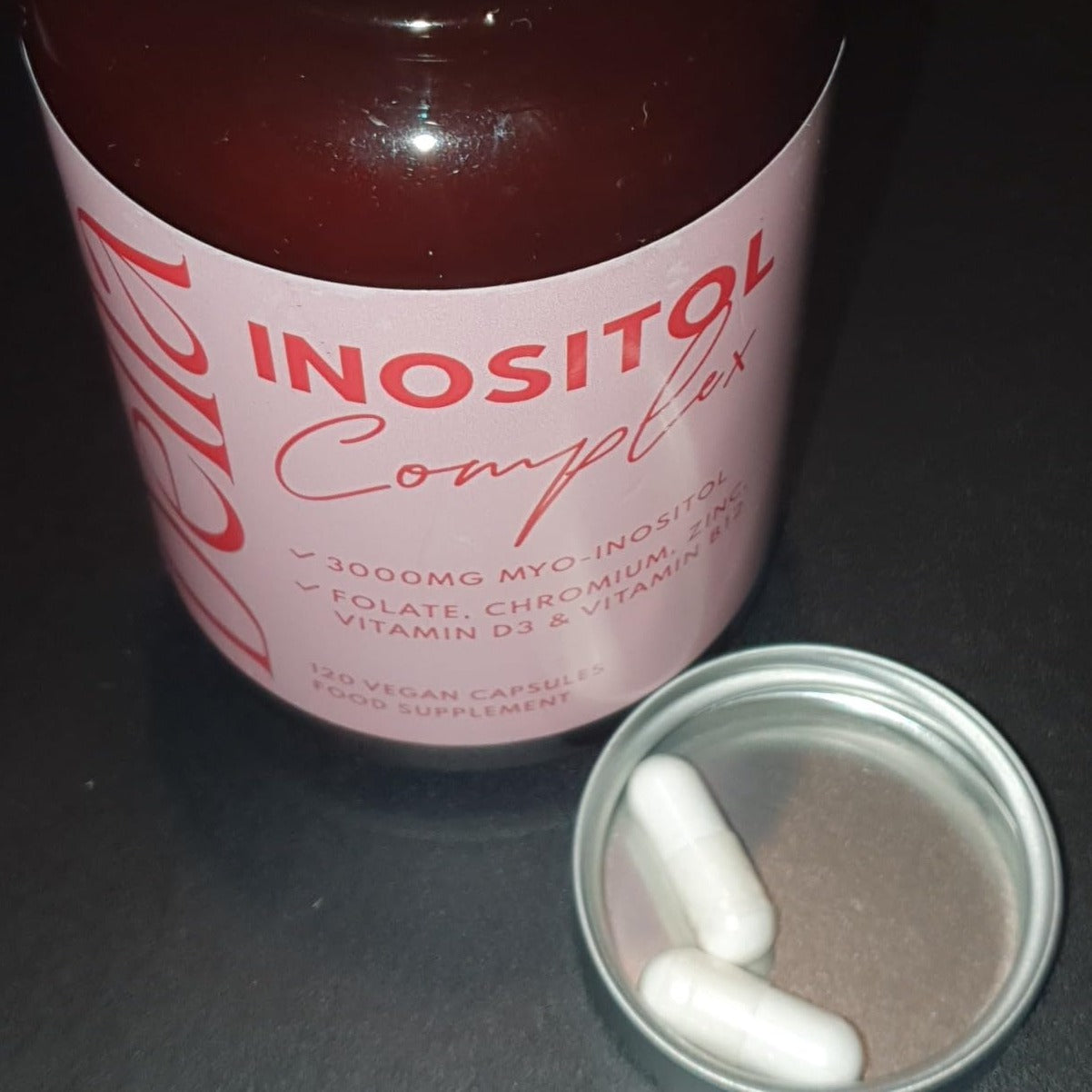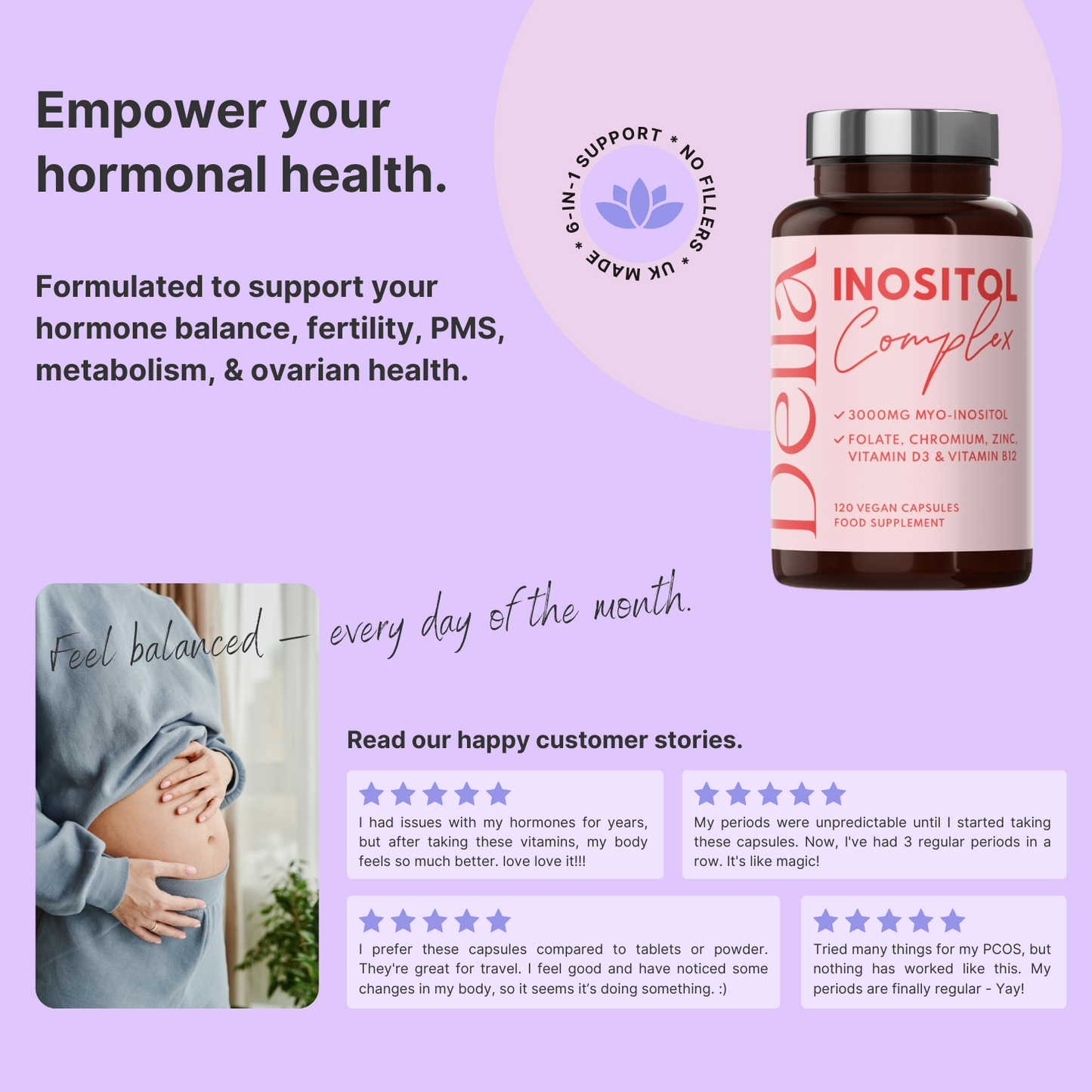Understanding the role of cortisol in the human body is crucial, especially for women with PCOS.
Research has shown that cortisol has a significant impact on PCOS, and women with this condition often have higher cortisol levels compared to those without PCOS.
What is Cortisol?
Cortisol, often referred to as the "stress hormone", is a powerful hormone released by the body in response to stress. It plays a crucial role in the body's fight-or-flight response, helping us survive dangerous situations.
When cortisol is released, it triggers an increase in blood glucose levels, providing us with the necessary energy to handle stress and recover from injuries.

Cortisol and PCOS: Understanding the Connection
While cortisol can be useful sometimes, we don’t need excessive levels when we’re just at home chilling on the couch. In fact, consistently high cortisol levels have a negative impact on your hormone balance, leading to increased testosterone, insulin resistance, and difficulties with progesterone (women with PCOS also often struggle with low progesterone levels, leading to irregular cycles. When the body is under stress and needs cortisol, it utilises progesterone, further depleting progesterone levels!).
The significance of this connection is that cortisol can be linked to nearly every PCOS symptom:
- Acne
- Excessive facial/body hair (hirsutism)
- Irregular menstrual cycles
- Weight gain, especially in the abdomen
- Digestive issues
- Sleep problems
- Fatigue
- Cravings for unhealthy foods
- Decreased libido
- Anxiety and depression
The good news is that you can do something about it.
Here are 5 ways to manage cortisol and improve PCOS symptoms:
- Practice stress reduction techniques like meditation and hobbies that promote relaxation.
- Engage in regular exercise.
- Prioritise quality sleep and establish a good sleep routine.
- Maintain a balanced diet with whole foods and limit processed sugars and unhealthy fats..
-
Nurture supportive relationships for emotional well-being.
By implementing these strategies, you can effectively manage cortisol, alleviate PCOS symptoms, and improve overall health. Remember, even small lifestyle changes can make a significant difference.
FAQs on Managing Cortisol to Improve PCOS
What is cortisol?
Cortisol is a hormone often referred to as the "stress hormone." It is released by the body in response to stress and plays a vital role in the fight-or-flight response.
How does cortisol affect PCOS?
Research indicates that women with PCOS often have higher cortisol levels. Consistently high cortisol levels can disrupt hormone balance, leading to increased testosterone, insulin resistance, and difficulties with progesterone.
How does cortisol impact PCOS symptoms?
The connection between cortisol and PCOS symptoms is significant. Cortisol can contribute to acne, excessive facial/body hair (hirsutism), irregular menstrual cycles, weight gain (especially in the abdomen), digestive issues, sleep problems, fatigue, cravings for unhealthy foods, decreased libido, anxiety, and depression.
What are some ways to manage cortisol levels in PCOS?
To manage cortisol and improve PCOS symptoms, consider the following strategies:
- Practice stress reduction techniques like meditation and engaging in hobbies that promote relaxation.
- Engage in regular exercise.
- Prioritize quality sleep and establish a good sleep routine.
- Maintain a balanced diet with whole foods while limiting processed sugars and unhealthy fats.
- Nurture supportive relationships for emotional well-being.
Can stress reduction techniques help manage cortisol in PCOS?
Yes, stress reduction techniques like meditation, deep breathing exercises, and engaging in hobbies that promote relaxation can help manage cortisol levels and improve PCOS symptoms.
How does regular exercise help manage cortisol in PCOS?
Regular exercise has been shown to reduce cortisol levels and improve hormone balance in PCOS. It promotes overall well-being and can help alleviate symptoms associated with high cortisol.
Why is quality sleep important for managing cortisol in PCOS?
Quality sleep plays a crucial role in regulating cortisol levels. Establishing a good sleep routine and ensuring adequate sleep duration can help manage cortisol and improve PCOS symptoms.
How does diet affect cortisol in PCOS?
Maintaining a balanced diet with whole foods and limiting processed sugars and unhealthy fats can support cortisol management. Proper nutrition helps regulate hormone levels and supports overall health.
Can nurturing supportive relationships help manage cortisol in PCOS?
Yes, nurturing supportive relationships and maintaining emotional well-being can have a positive impact on cortisol levels. Strong social connections and emotional support can help reduce stress and manage PCOS symptoms.
Can small lifestyle changes make a difference in managing cortisol and PCOS symptoms?
Absolutely! Even small lifestyle changes can have a significant impact on managing cortisol and improving PCOS symptoms. Implementing the strategies mentioned earlier, such as stress reduction techniques, exercise, quality sleep, a balanced diet, and supportive relationships, can make a noticeable difference in overall health and well-being.










